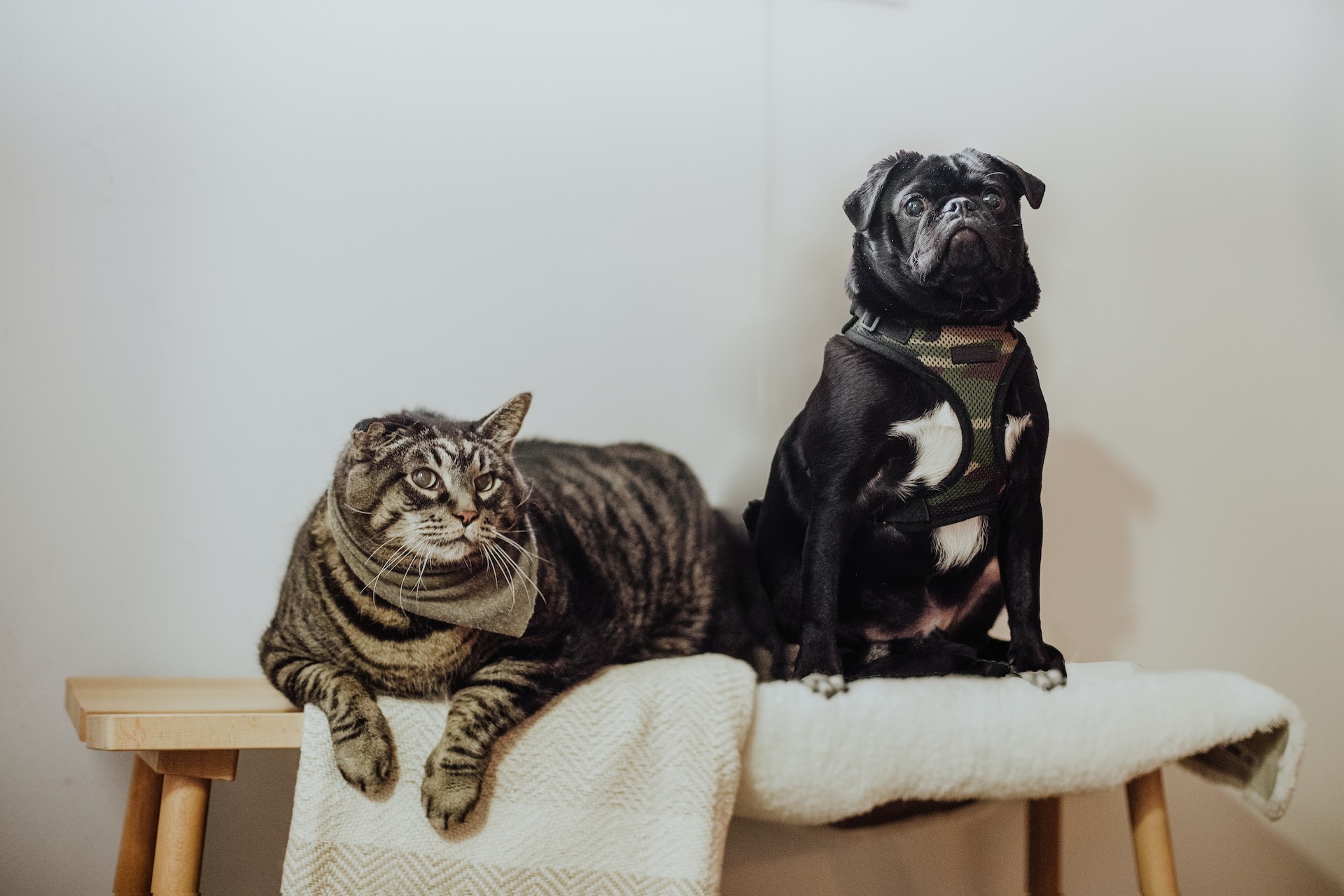
26 May What is a Board-Certified Veterinary Dentist™?
Defining the Terms
A board-certified veterinary dentist™ is a veterinarian who has undertaken additional training overseen by the American Veterinary Dental College™ to specialize in veterinary dentistry. When someone has the letters “DAVDC” after their name, it stands for “Diplomate of the American Veterinary Dental College” and they are board-certified. Before the AVDC was formed and accepted by the American Veterinary Medical Association, the Academy of Veterinary Dentists was created for advanced learning. Veterinarians who completed training in this discontinued program are “Fellows” in the AVD.
The Path to Board-Certification
To become a board-certified veterinary dentist™, a person must graduate from college and veterinary school before starting advanced training. This advanced training is called a residency program and people in these programs are called residents. A resident undergoes intensive training for three years, learning advanced procedures such as root canal treatment, oral tumor removal, and jaw fracture repair from their mentor. They must log cases, write a paper, give lectures, attend continuing education, and submit an annual report every year to track their progress. In addition to training in dentistry and oral surgery, residents must also spend time learning from board-certified surgeons, anesthesiologists, and radiologists. All veterinary specialists have successfully completed residency programs. Some residents learn at a university and others train in private practice.
Residents may focus on small animals (dogs and cats) or horses or both. Some board-certified veterinary dentists™ go on to pursue fellowships in oral and maxillofacial surgery or to focus on the treatment zoo and wild animals. Once a resident in dentistry has completed their residency requirements, they must then complete a challenging multi-day exam process including written and practical tests. Dentistry is one of only two veterinary specialties that require a practical exam where candidates must perform dental and surgical procedures on cadavers to demonstrate proficiency.
Why Would Anyone Do This?
You may wonder why anyone who has been through college and veterinary school would want to “go to school” again after completing college and veterinary school. A residency program is hard work and not everyone is able to complete the program and pass the certifying exam. When asked, Dr. Redman states that she was inspired by friends who became board-certified dentists and by the gratification that comes from eliminating oral pain in animals. Another benefit of being a board-certified dentist is the chance to train residents. With less than 300 board-certified dentists in the world, there is a growing need for more veterinarians with specialty training.
What Makes Us Special
And what’s with the “TM” trademark on everything? Board-certified specialists are rightfully proud of their training and want to differentiate themselves from other veterinarians who may claim to provide specialized care without having undergone the rigorous training to become a diplomate. Only veterinarians who have DAVDC listed after their name are true specialists. For more information on this distinction, please click on the links below. And if you have been referred to a board-certified veterinary specialist™, you can be assured that your pet is well-trained hands!
Veterinary specialties | American Veterinary Medical Association (avma.org)
What is a Veterinary Dentist? – AVDC.org
For information on our doctors, please visit our home page at Animal Dental Care & Oral Surgery of Ft. Collins | Vet Dentist (covetdentist.com)
Photo by Priscilla Du Preez from Unsplash



